We recently connected with Alexander Rivest and have shared our conversation below.
Alexander, thanks for taking the time to share your stories with us today Can you talk to us about a project that’s meant a lot to you?
The most meaningful project for me has been Canary. I trained as a neuroscientist. Before becoming a filmmaker, I received my PhD from MIT, where I studied memory systems in mice. But I had this growing conviction that the way science stories are told was missing something essential — the human side. Too often, scientists are reduced to data and facts when, in reality, their journeys are not only full of wonder, awe, and curiosity but also are full of risk, sacrifice, and resilience. I wanted to change the way the world sees scientists. I left the lab with the goal of making a bigger impact on science from the outside.
That’s what drew me to Dr. Lonnie Thompson. The first time I spoke with him, within five minutes, he had pulled me into this incredible high-stakes adventure that just happened to take place 16,000 feet above sea level. By the end of that first conversation, I was crying. I remember turning to my producing partner, Danny O’Malley, and saying, “If there’s a single story we ever tell, it has to be this one.”
Lonnie is one of the world’s leading climate scientists, but his story is also one of perseverance against extraordinary odds — open-heart surgery, growing up in extreme poverty in coal-mining country, hauling drilling equipment up 18,000-foot glaciers, watching the places he loves vanish in real time. Making Canary meant earning his trust and finding a way to bring audiences into his emotional headspace while also showing the urgency of the science.
It was not an easy film to make. We had to figure out how to get a film crew up mountains with thin air and –5°C cold, and constantly balance the battle of “how much science do we put in” versus “how do we keep the drama in the human story.” But that’s why it was meaningful: we weren’t just documenting climate change, we were showing what it feels like to devote your life to understanding it.
Canary is a story about making the impossible possible — how one person, no matter where they come from, can make a positive difference in the world. By profiling Lonnie’s journey, we invite the audience to reflect on their own capacity to face challenges head-on, and on the consequences of ignoring inconvenient facts. For me, Canary is meaningful because it represents what I believe in most: that storytelling has the power to shift how people see science, and by extension, the world.
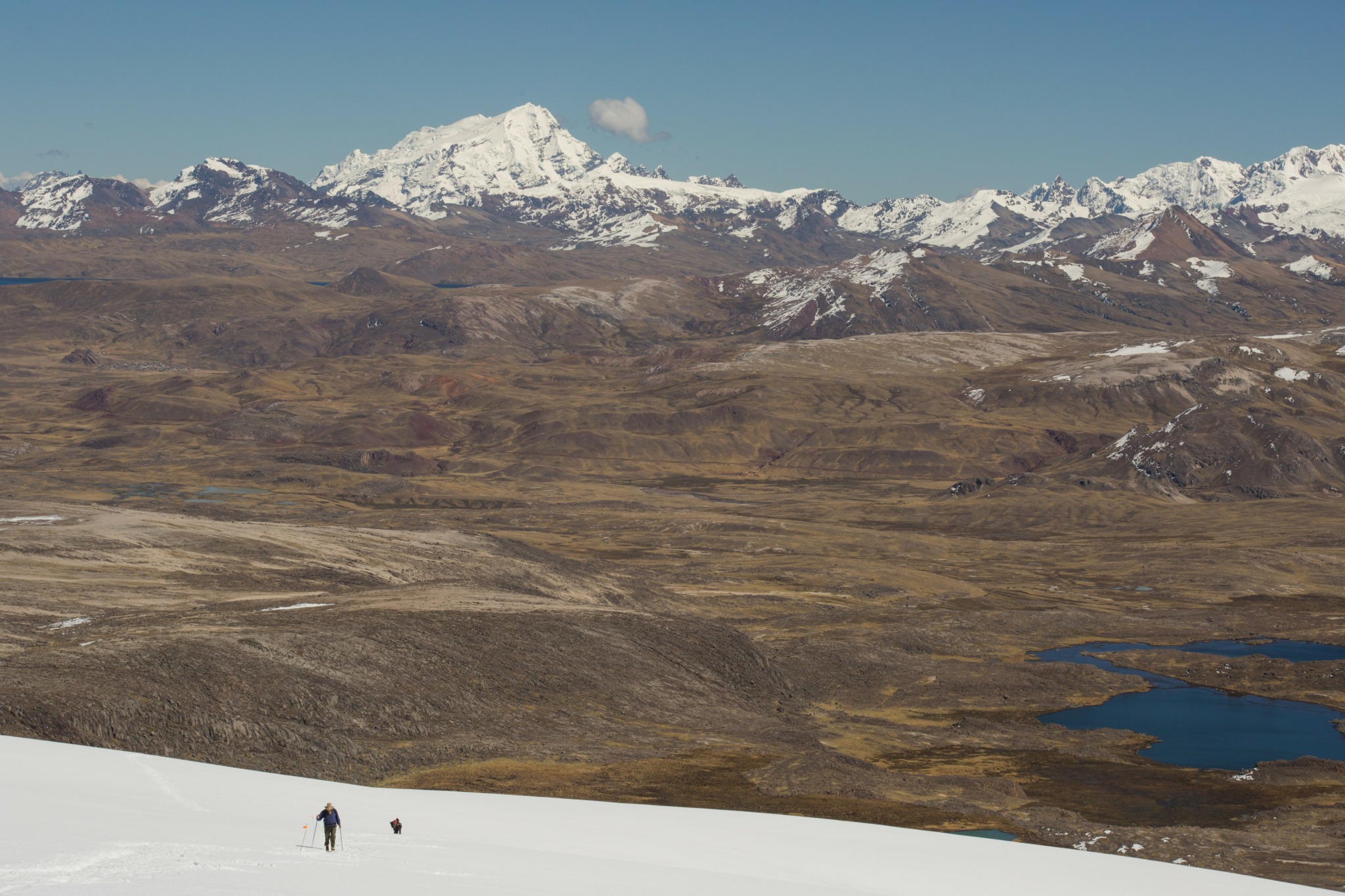
As always, we appreciate you sharing your insights and we’ve got a few more questions for you, but before we get to all of that can you take a minute to introduce yourself and give our readers some of your back background and context?
I started my career as a neuroscientist. I earned my PhD at MIT studying memory systems in mice, but over time, I realized something was missing in the way science is communicated. Too often, science is stripped down to facts and data, while the human stories — the struggle, the passion, the risks — are left out. Those stories are what move people, and they’re what I wanted to dedicate my life to telling. I made the leap from the lab to filmmaking, with the goal of changing the way people perceive scientists and, more broadly, their connection with science.
I co-founded End of the Road Films with my partners Danny O’Malley and Adam Paul Smith. Together, we create character-driven documentaries that bring audiences into the emotional heart of science and exploration. Our first feature, Canary, tells the life story of Dr. Lonnie Thompson, one of the world’s leading climate scientists — a man who’s hauled drilling rigs up 18,000-foot glaciers, survived open-heart surgery, and devoted his life to warning us about climate change. We wanted Canary to be more than a climate documentary. It’s a human story about perseverance and truth, and about what it feels like to dedicate yourself to something bigger than yourself.
What sets us apart is the way we combine the rigor of science with the artistry of storytelling. We take the time to understand the scientists and explorers we feature — not just their research, but their fears, sacrifices, and moments of doubt. That’s how we build films that connect emotionally with audiences while still being grounded in truth. I think of it as making the “Chef’s Table” of science — stories that are cinematic, intimate, and transformative.
I’m most proud of the impact our work is already having. Canary was screened three times at the COP28 climate summit, was a featured event during 2023 Climate Week in New York, and has been playing in classrooms across the country. Policymakers, scientists, students, and everyday audiences have all told us that the film gave them a new way of seeing climate change — not just as numbers on a chart, but as something immediate and human. That’s exactly the kind of impact we set out to make.
What I want people to know about me and about End of the Road Films is simple: we believe storytelling can be a force for change. We create films that awaken empathy, inspire action, and remind people of their own ability to confront challenges. At the heart of our work is the conviction that science stories aren’t niche — they’re human stories, and when told right, they can shift how people see the world.
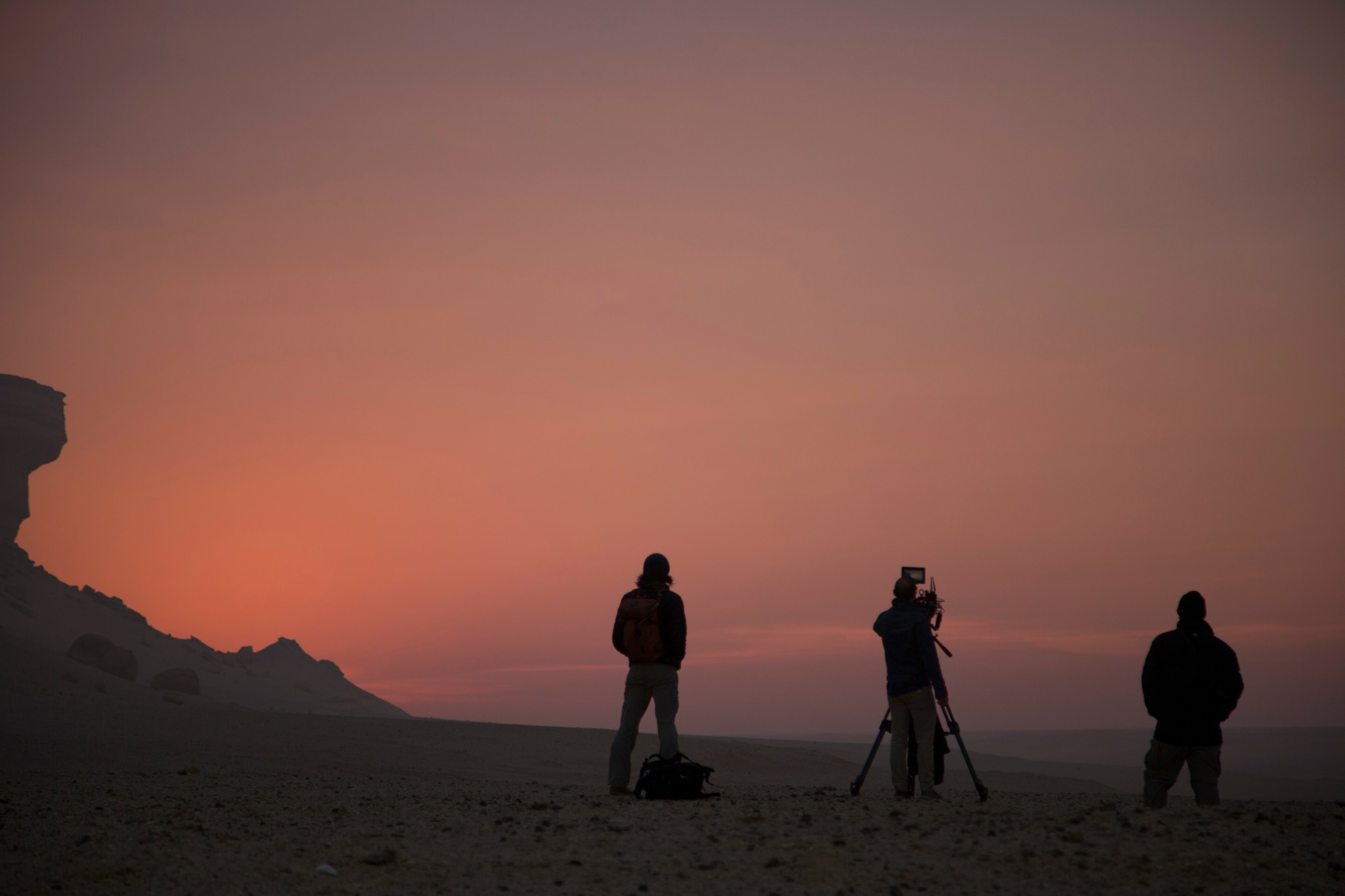
We’d love to hear a story of resilience from your journey.
As I was just getting into the film business, trying to create a TV series about scientists, we received a call from Dr. Lonnie Thompson, who invited us to film his expedition high in the Peruvian Andes. Knowing how truly special Lonnie’s story was, we could not turn down this opportunity. However, the challenge before us was daunting: we had 4 months to get ready, we didn’t have any money, we didn’t have all the equipment or a crew, and we needed to figure out the logistics of bringing a film crew safely up to 18,000 feet where the oxygen level is 50% of what it is at sea level. It would be cold. But this was our shot. Everything in me as a scientist wanted to plan and control every variable, but the reality was that we had to trust our preparation, our team, and our determination — and just say “yes, we’ll be there.”
The first step was to sell the dream of a climate film like no other and bring on partners who understood the ticking clock and the rapidly approaching expedition. I exhausted every connection I had ever made and got used to rejection. When you have a dream that is so clear in your head and you know you can make a big impact, it can be difficult to swallow so much rejection. It can hurt and be demoralizing, but I slowly started to learn that I needed to keep using that rejection to get better, and I needed to understand that the goal is to help people see why the dream is also part of their dream. So many people turn around when their dream is rejected. To me, that was unacceptable. We left on the expedition not having raised all the funds, and my partner, Danny O’Malley, and I were on the hook, diving into our own bank accounts. It was a risk we needed to take. This was a once-in-a-lifetime opportunity. On the very day we left for the mountain, we secured the final amount needed.
Before we left, we realized this was not a journey we could afford to fail at. However, filming at 18,000 feet for three weeks is intense, and many people experience altitude sickness, becoming too ill to function. To prepare ourselves for this work, we all spent 3 weeks in oxygen-deprivation tents before the trip, simulating a 15,000-foot altitude. Then we’d do our emails while breathing at a simulated 22,000-foot altitude. There was no way we were going to fail. We were prepared.
We successfully pulled off the shoot, which became the centerpiece for our award-winning film, Canary. It was one of those defining moments of resilience: pushing through uncertainty, fear, and resource constraints to follow the story we believed in. Looking back, that leap of faith is what allowed Canary to exist. It taught me that resilience isn’t about having all the answers — it’s about holding onto your purpose when everything feels impossible, and trusting that step by step, you’ll find a way forward.
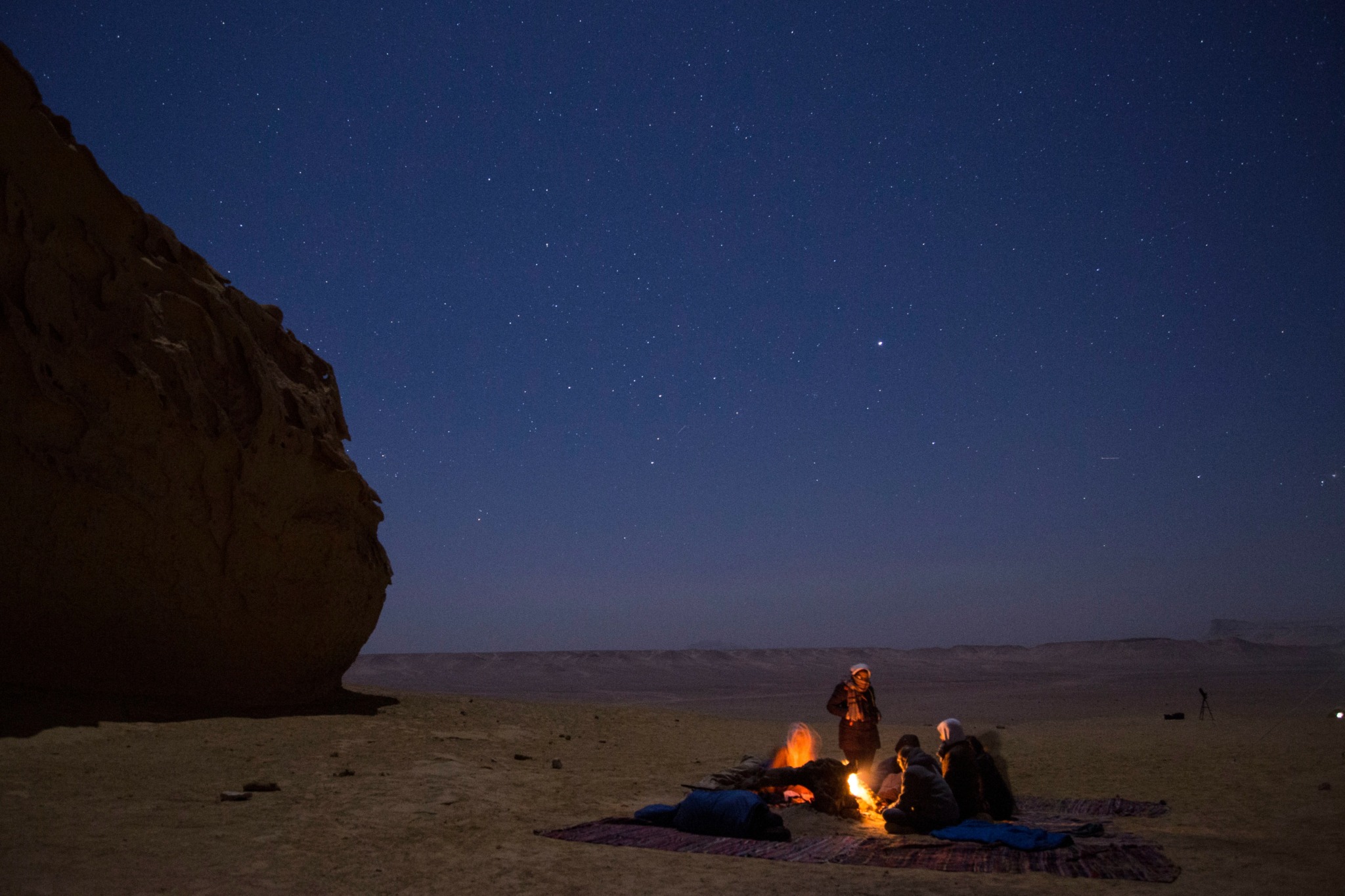
For you, what’s the most rewarding aspect of being a creative?
For me, the most rewarding part of being a filmmaker is seeing how a story connects with people in ways that data alone never could. As a scientist, I was trained to look at numbers and experiments, but I realized that facts by themselves often don’t move people to action. What moves them are stories — the struggles, the risks, the resilience behind the work. When someone comes up to me after a screening and says, “I finally understand why this matters,” or, “That story changed the way I see climate change,” that’s the reward.
At one screening of Canary, I invited the ticket-taker to jump in and watch the film. Afterward, he thanked me and said he loved the film. A year later, I received a text from him, and he wanted to thank me again. He said the film had inspired him to think about what he could do with his life to make the most impact, and he left the movie theater and became an EMT. His life trajectory changed as a result of how the film impacted him. There are many instances of folks who changed their life and are happier because of watching my film. How cool is that??!?!
It’s also incredibly meaningful to watch a film we’ve made open doors for scientists. With Canary, we’ve seen Lonnie’s story screened at the United Nations, film festivals, TEDxMIT, Climate Week NYC, and in classrooms around the world. Knowing that our work can amplify the voices of scientists who’ve dedicated their lives to understanding the planet — and that we can help their message resonate with policymakers, students, or just someone scrolling through their streaming service — that’s the most fulfilling aspect of all.
At its core, being an artist means creating something that helps people feel less alone, more inspired, or more determined to face the challenges in front of them. For me, that’s the reward: making science human, and reminding people that stories have the power to change how we see the world.
Contact Info:
- Website: https://www.alexrivest.com
- Instagram: https://www.instagram.com/rivest/
- Linkedin: https://www.linkedin.com/in/arivest/
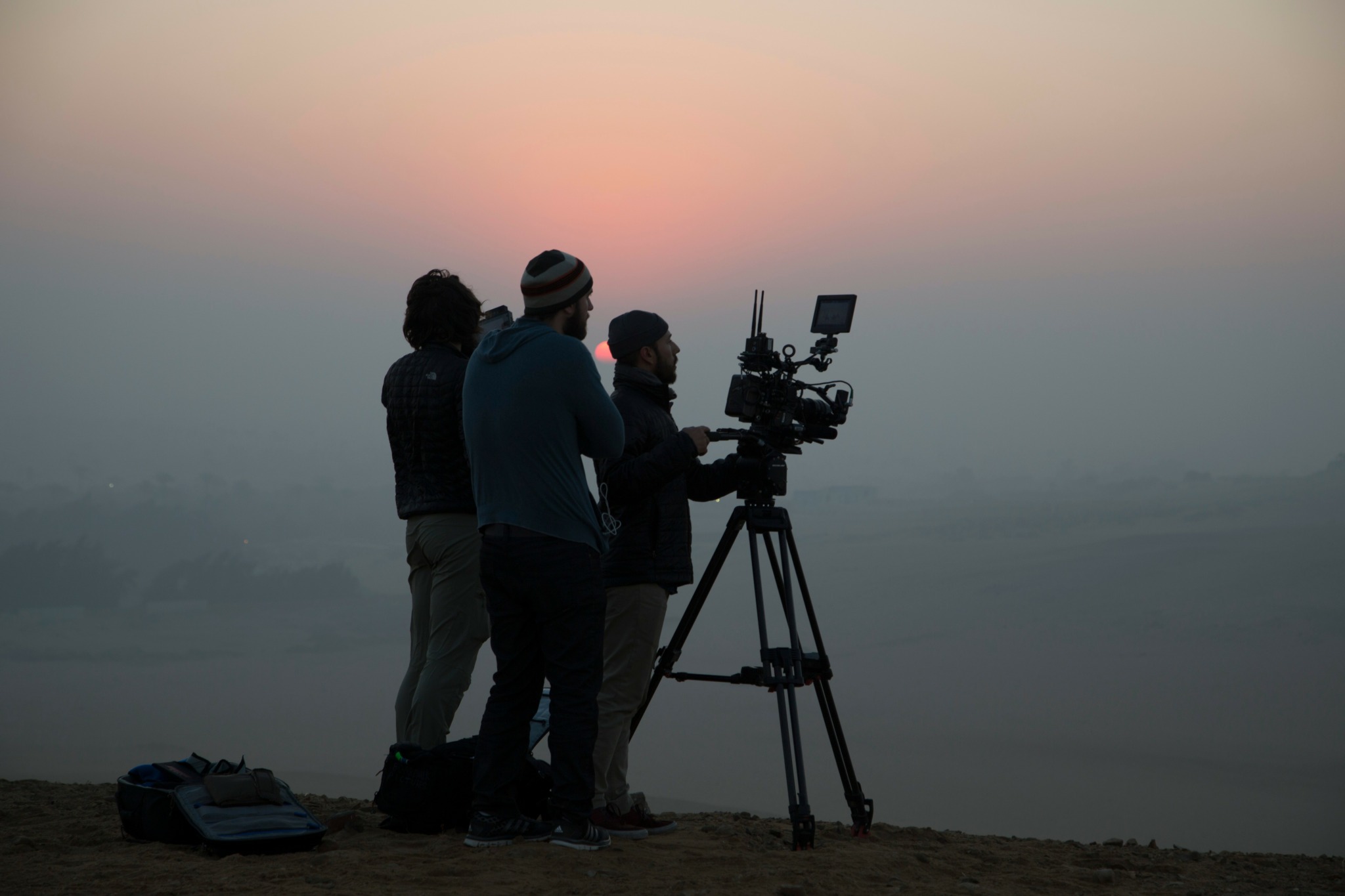
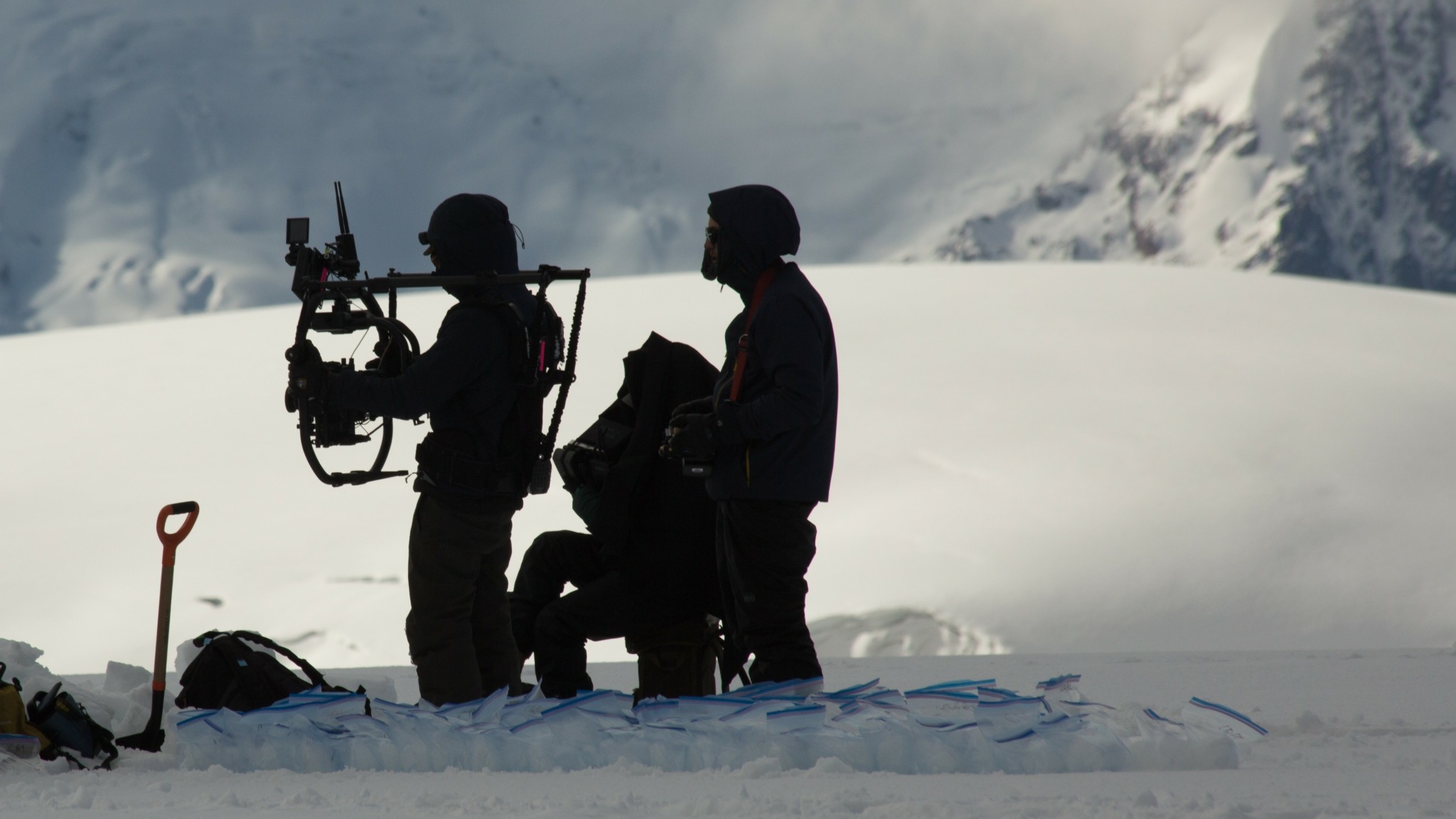
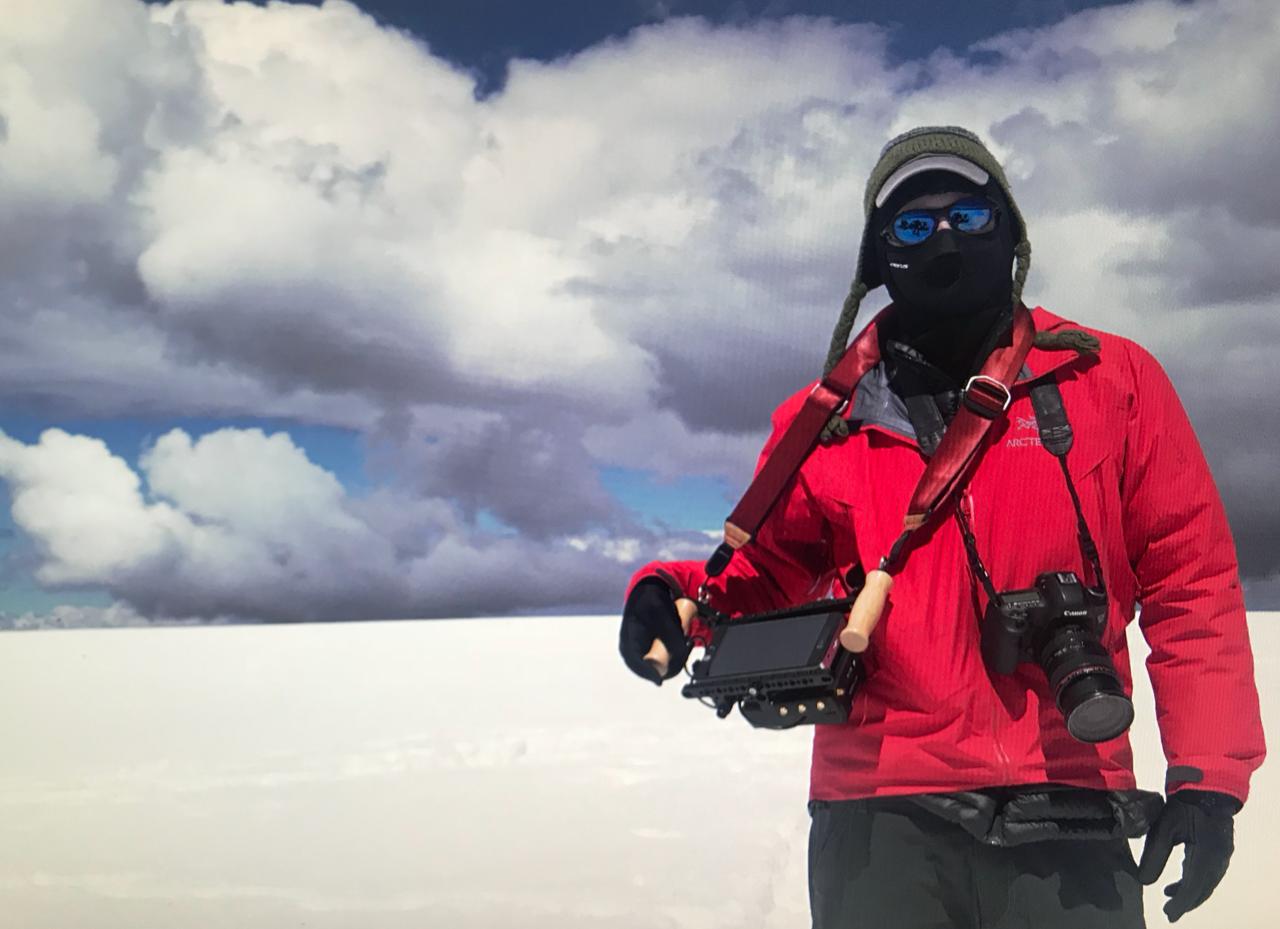
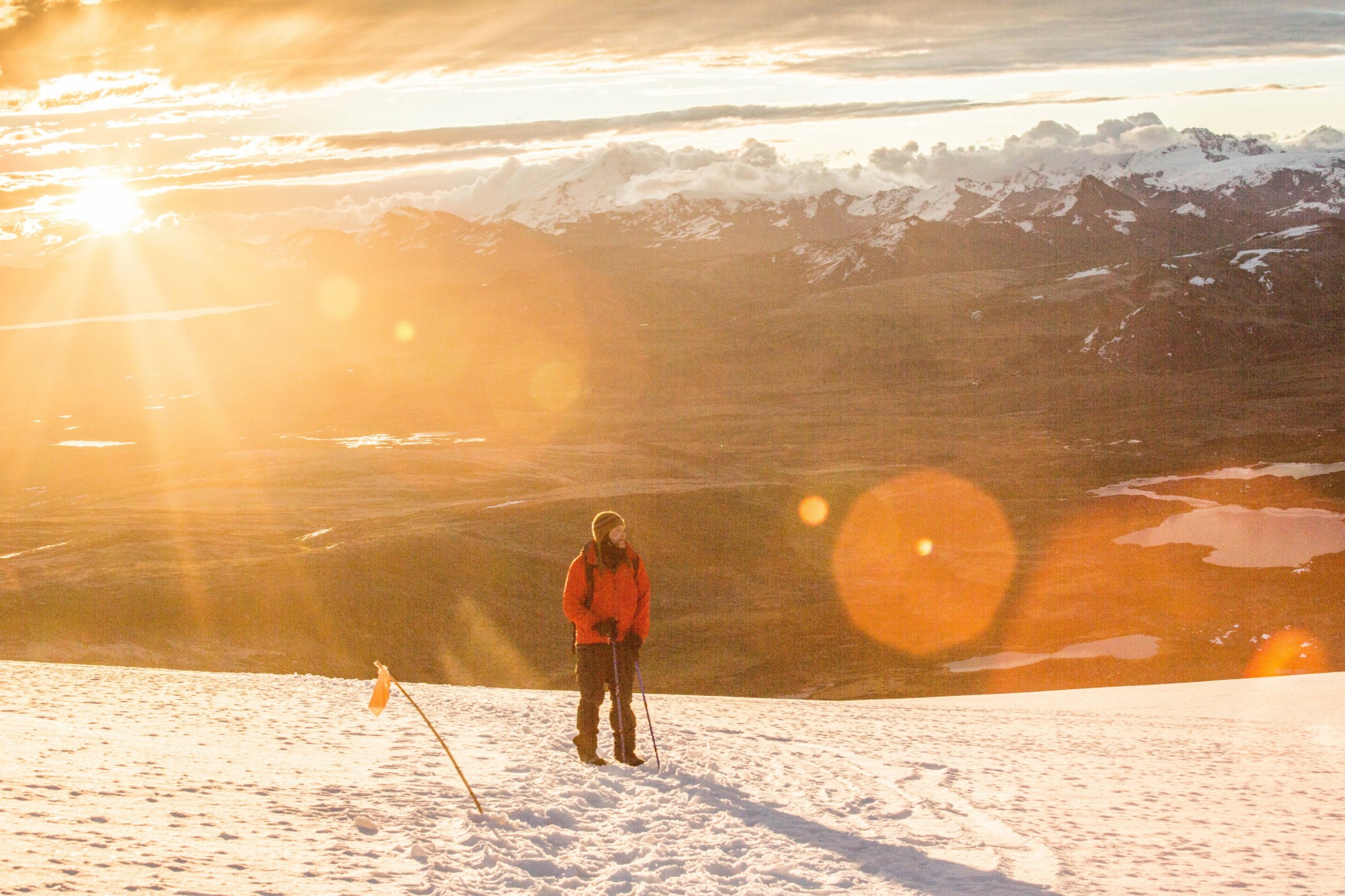
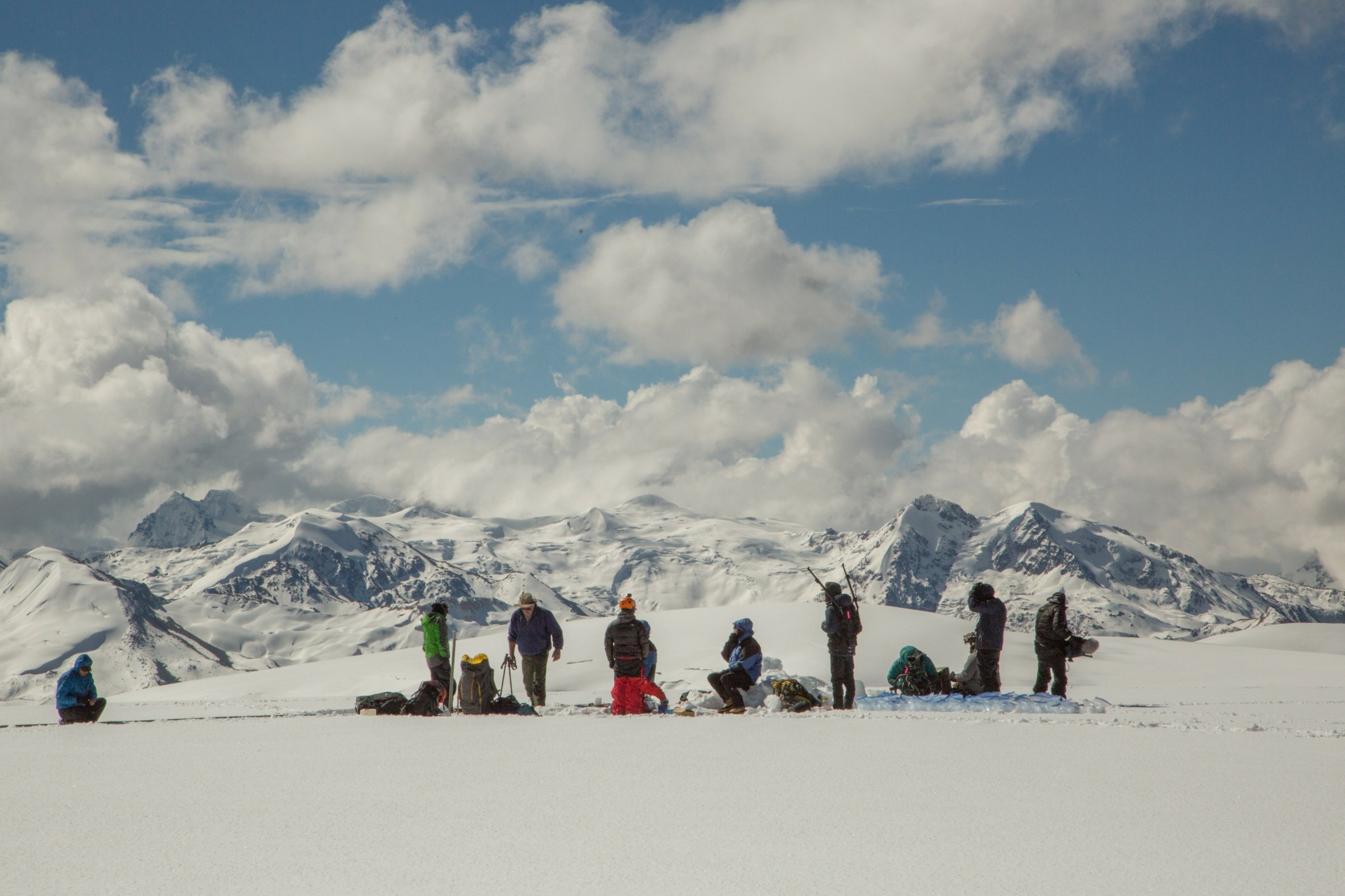
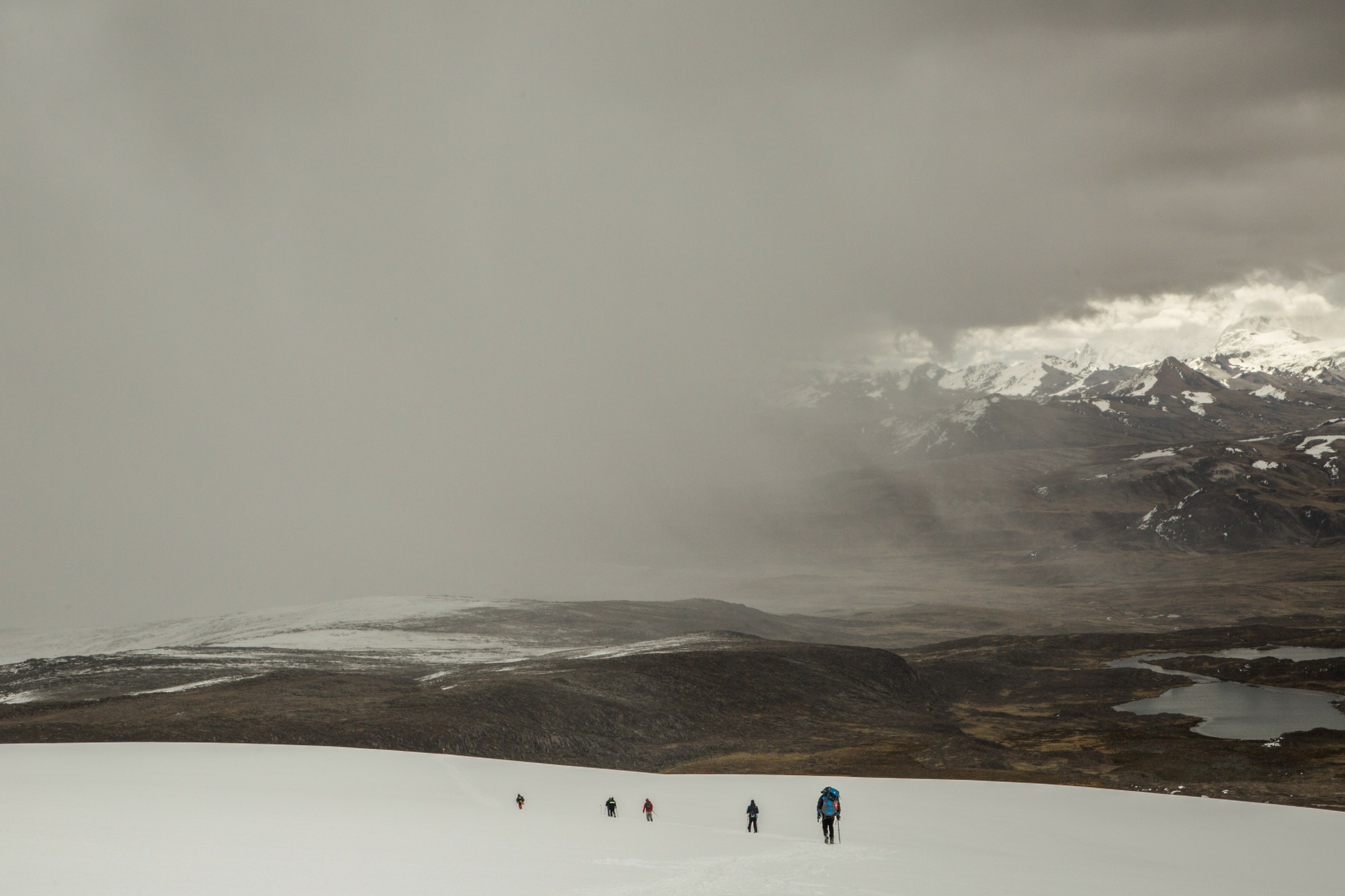
Image Credits
Photo Credits, all Alex Rivest, except for the ones of me in the red coat (2 images) which were taken by Niels Ahmes


